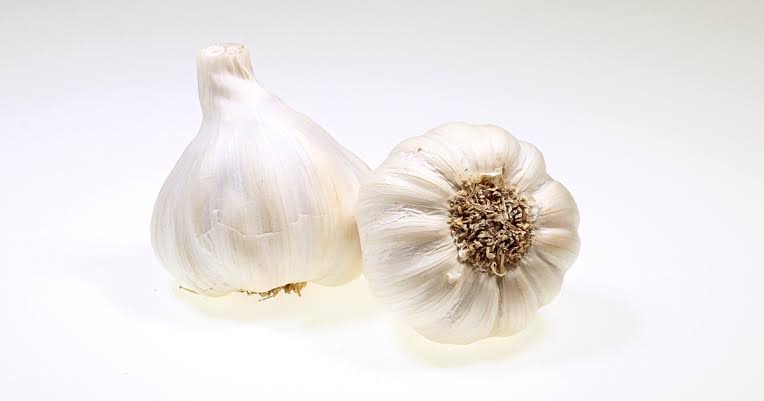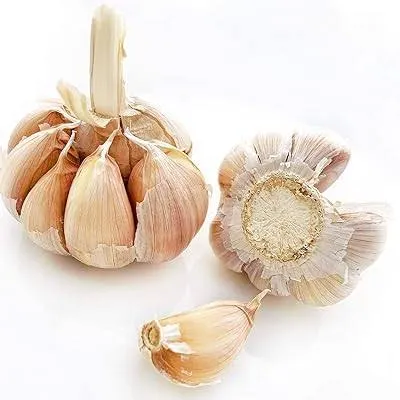Garlic, scientifically known as Allium sativum, has been revered for centuries for its culinary and medicinal properties. Used in various cuisines around the world, this pungent bulb not only adds depth and flavor to dishes but also offers a plethora of health benefits. Let’s delve into the fascinating world of garlic, exploring its diverse uses and remarkable health-promoting properties.
Culinary Uses:

Garlic is a staple ingredient in kitchens worldwide, prized for its unique flavor profile and aromatic qualities. It can be used fresh, dried, or as a paste, adding depth and complexity to a wide range of savory dishes. From soups and sauces to marinades and stir-fries, garlic is a versatile ingredient that enhances the taste of countless recipes.
1. Rich in Nutrients: Despite its small size, garlic packs a powerful nutritional punch. It is an excellent source of vitamin C, vitamin B6, manganese, and selenium, as well as containing small amounts of other nutrients like fiber and potassium.

2. Antimicrobial Properties: Garlic has long been prized for its antimicrobial properties, which are attributed to its sulfur-containing compounds, particularly allicin. These compounds have been shown to exhibit antibacterial, antiviral, and antifungal effects, making garlic a valuable ally in combating infections.
3. Heart Health: Studies suggest that garlic may have beneficial effects on heart health by helping to lower blood pressure, reduce cholesterol levels, and improve circulation. It may also have anti-inflammatory properties that support cardiovascular function.

4. Immune Support: Garlic is believed to support immune function, helping the body fight off infections and illnesses. Its antimicrobial properties may help prevent colds and flu, and some research suggests that garlic supplements may reduce the severity and duration of respiratory infections.
5. Antioxidant Activity: Garlic contains antioxidants that help protect cells from oxidative damage caused by free radicals. These antioxidants may help reduce the risk of chronic diseases such as cancer and diabetes and slow the aging process.

6. Anti-inflammatory Effects: Chronic inflammation is linked to various health problems, including heart disease, arthritis, and certain cancers. Garlic contains compounds that possess anti-inflammatory properties, which may help reduce inflammation and its associated risks.
7. Digestive Health: Garlic has been used traditionally to support digestive health, aiding in digestion and promoting a healthy gut microbiome. It may also have mild laxative effects that help regulate bowel movements.

Cautions and Considerations:
While garlics offers numerous health benefits, it’s essential to consume it in moderation, as excessive intake may lead to digestive discomfort, heartburn, or bad breath. Some individuals may also experience allergic reactions to garlic.
Additionally, garlics supplements may interact with certain medications, such as blood thinners, so it’s crucial to consult with a healthcare professional before adding them to your regimen, especially if you have underlying health conditions or are taking medications.

Garlics are more than just a flavorful addition to culinary creations; it’s a nutritional powerhouse with a wide array of health benefits. From boosting immune function to supporting heart health and beyond, garlic has earned its reputation as a versatile wonder in both the kitchen and the medicine cabinet. Embrace this humble bulb and enjoy its many flavors and health-promoting properties as part of a balanced diet and lifestyle.
Pingback: Effectiveness of garlic on the skin - SimplExplainer
Pingback: Garlic for hair growth - SimplExplainer
Pingback: Hair Growth and Garlic - SimplExplainer